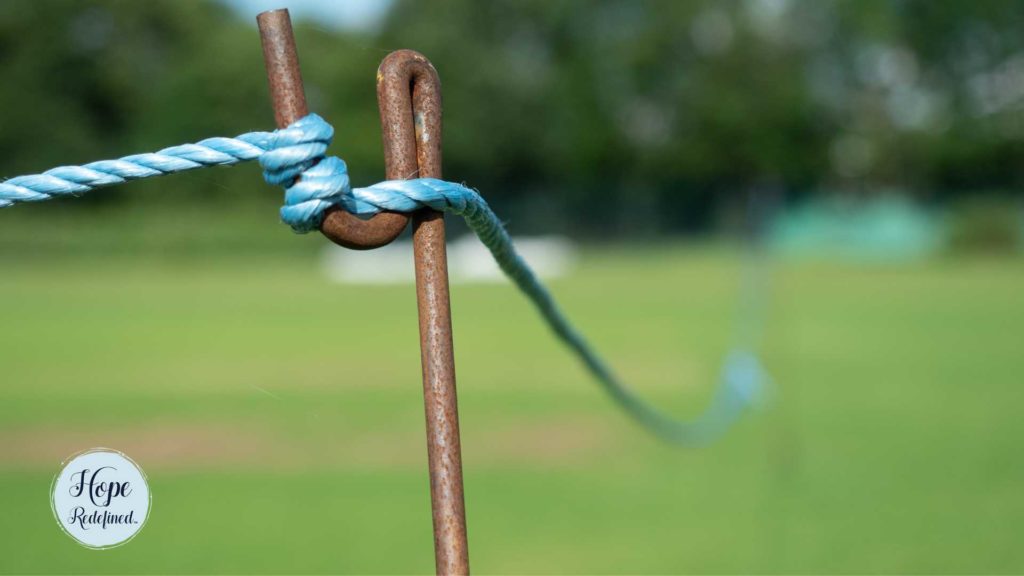Boundaries are About Protection, Not Deception
God called the prophet Samuel to go to Bethlehem and anoint one of Jesse’s sons as the next king of Israel because Saul had lost favor (1 Samuel 16:1). Samuel, however, was understandably afraid and said, “How can I go? If Saul hears about it, he will kill me” (1 Samuel 16:2). Saul had a reputation for violence, impulsivity, and disobedience to God, so Samuel had good reason to be cautious. But instead of letting fear control him, Samuel brought his concerns to the Lord—not as a sign of weak faith, but because his relationship with God was so strong. God heard Samuel’s worries and provided a plan. He gave Samuel a secondary task (sacrificing a heifer), so if anyone asked, Samuel could truthfully say he was going to worship the Lord. In Matthew 10:16, Jesus reminds His disciples to be “wise as serpents and harmless as doves.” We, too, don’t have to share all our personal details with everyone—Samuel didn’t, and neither did Jesus (Luke 20:8). Boundaries aren’t about deception, they’re about protection. Unsafe people lose access to the intimate parts of our lives, no matter their title or role.
Boundaries Require Understanding of What is in Our Control
David eventually grew up, became best friends with Saul’s son Jonathan, and even married Saul’s daughter. As David’s fame grew due to his victories in battle, Saul became consumed with jealousy and resentment instead of gratitude for David’s accomplishments. Saul saw David as a threat to Jonathan’s inheritance of the throne, and tried to kill him multiple times. One of Saul’s most cunning schemes was offering David his daughter’s hand in marriage but demanding an impossible dowry of 100 Philistine foreskins (1 Samuel 18:20-25). Talk about manipulation! David was trapped—either refuse the marriage and risk offending Saul or face near-certain death to fulfill the request. When that plan failed, Saul tried to kill David with his own hands (1 Samuel 19:1-10). For years, David was forced to live as a fugitive, hiding in caves and moving from town to town, with scholars estimating he spent 7 to 15 years fleeing from his father-in-law. In chapter 26, Saul even pursues David with an army of 3,000 men! David demonstrated wisdom during this time, using signals to ensure safety, sending out spies, and even pretending to be insane. Once again, we see that good boundaries are about what we can control, not trying to change someone else. God is always there, ready to offer creative solutions, clear communication, and comfort in the face of difficult relationships. He is a God we can turn to for guidance on handling unsafe people.
Boundaries Ask Us to Use Self-Control
Even Jonathan, Saul’s own son, had to set boundaries with his father. In 1 Samuel 20, Jonathan was forced to carefully manage how he communicated with Saul. When Saul realized Jonathan was loyal to David, he lashed out at his son with cruel insults. Jonathan was heir to the throne, yet Saul called him the “son of a perverse, rebellious woman,” accused him of dishonoring the family, and held his future hostage, saying that Jonathan would never rule as long as David was alive. Saul was a master of guilt trips, using threats, intimidation, lies, verbal abuse, and emotional manipulation to get his way (1 Samuel 24-34). How did Jonathan respond? He didn’t try to argue or correct Saul’s behavior. He didn’t retaliate. Scripture says Jonathan got up from the table in fierce anger and refused to eat. Jonathan knew what he could control: he removed himself from the situation and accepted the reality of his father’s destructive tendencies. He wasn’t responsible for Saul’s actions or opinions of David. Instead, Jonathan focused on protecting his friend and ensuring his safety.
What We Can Take From This Example
- God doesn’t expect us to share every detail of our lives with everyone. He calls us to be truth-tellers, and that includes telling the truth to ourselves about who is safe and who is not.
- We are invited to seek God’s wisdom and strategies when setting boundaries with unsafe people. He is always ready to guide us.
- Ultimately, we are accountable only to God and responsible for ourselves. Strong boundaries help us recognize what we can control, while trusting God with the things we cannot.
- You are empowered to set healthy, God-led boundaries that protect your peace and keep you focused on what truly matters!

